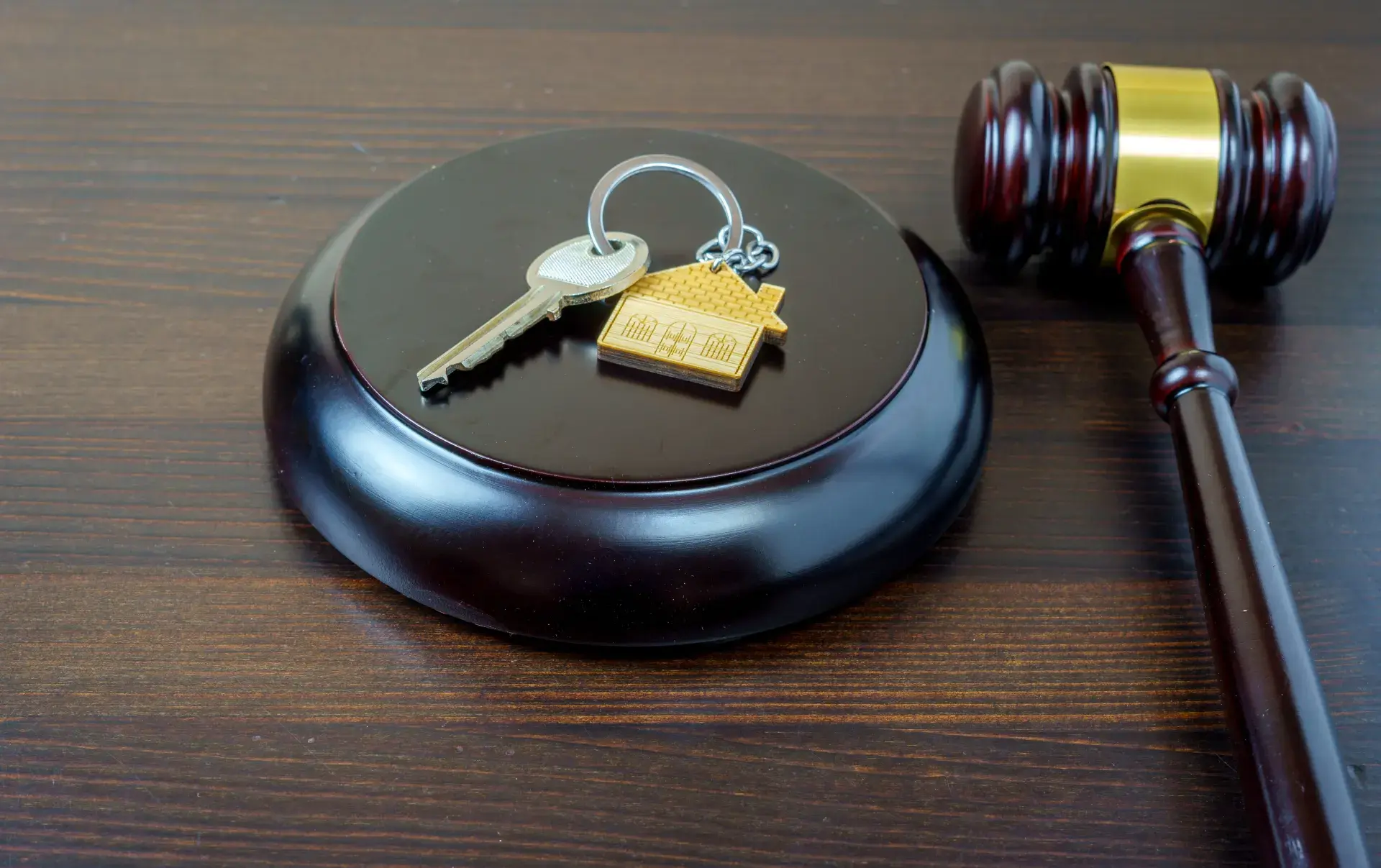What Is A Financial Order In Divorce?
A financial order is a legal directive issued by the court. It lists how a divorcing couple’s assets and finances should be divided.
This can include division of property, pensions, savings and investments. It can also dictate whether one party should pay maintenance to the other.
Read more about:
- protecting your financial interests
- budgeting after divorce
- dealing with marital property
- refinancing mortgages and transferring titles
- tax and insurance considerations
- retirement and estate planning.
Why Do I Need A Financial Order?
Couples getting divorced or dissolving a civil partnership need a financial order because untangling their combined financial lives can be complex and contentious.
The primary purpose of a financial order is to ensure that the settlement is fair and meets the needs of both parties (as well as any children involved).
Without a financial order, there is no legal enforcement to guarantee that an agreement is implemented – or that it’s fair. This can leave one or both parties financially vulnerable in the future.
The process of obtaining a financial order is typically integrated into the overall divorce proceedings. You and your former partner will have to disclose to each other all your income, assets and debts.
This full and frank disclosure is essential to the legal process, to ensure it’s fair.
Types Of Financial Orders
Financial orders include a:
- Lump Sum Order – a one-off payment made by one spouse to the other.
- Property Adjustment Order – this directs how property such as the family home should be divided or handled.
- Maintenance Order – ongoing, regular payments made by one spouse to support the other. This is also known as spousal maintenance.
- Pension Sharing Order – this divides pension entitlements between spouses. Find out more here about pension rights.
The aim is to ensure a clear, legally binding resolution that prevents future disputes over finances.
Obtaining A Financial Order
It is strongly recommended that you seek expert legal advice from an experienced family law solicitor before applying for a financial order.
Fail to do so, and you risk losing out financially – especially if your former partner has a lawyer and you don’t.
Our specialist divorce solicitors can help you with the process, which includes the following steps:
- Financial Disclosure – before applying for a financial order, both parties must fully disclose how much they own (and owe) and their typical day-to-day living expenses. This involves completing Form E (disclosure of income, assets, liabilities and expenditures).
- Mediation Information and Assessment Meeting (MIAM) – before applying to the court, it’s mandatory for most individuals to attend a MIAM to see if mediation could be used to resolve their issues, rather than going through the court. (Exceptions include cases involving domestic abuse.)
- Application for a Financial Order – if mediation is not successful or appropriate, we can help you to apply to the court for a financial order. This involves completing and submitting Form A (a formal request to the court to consider your financial circumstances and to decide on the division of assets and financial support).
- First Appointment – once the application is made, the court will schedule a First Appointment. This is the first hearing in the financial proceedings. Getting this hearing can take months because the courts are very busy. By this time, you and your former partner should have exchanged Form E financial statements.
- Financial Dispute Resolution Appointment (FDR) – the judge at this hearing will encourage negotiation and settlement. They can indicate what they consider to be a fair division of assets, although this is not binding.
- Final Hearing – if no agreement is reached at the FDR, the case will proceed to a final hearing – resulting in a binding decision on financial support and division of assets.
- Compliance with the order – once a financial order is made, both parties are legally obliged to comply with its terms. If they don’t, they could face enforcement action. This could include deductions from wages, a charge against a property (or other significant assets), freezing of bank accounts, or (in extreme cases) an order for the sale of their property. Even jail is possible as a last resort.
It is strongly recommended that you get legal advice to protect your interests throughout the process.
Next Steps: Get Expert Help
- Consult a Family Lawyer. Professional advice is invaluable. Book a chat with a family lawyer to discuss your situation.
- Financial Planning. Start planning for your post-divorce financial future. Consult an independent financial adviser.
- Support Systems. Divorce can be emotionally taxing. Support from professionals, friends, and family is crucial during this time.






.webp)

